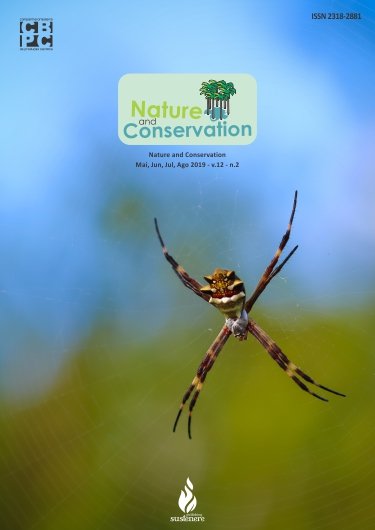Ecological toilet a sustainable alternative for communities in the interior of the Amazon
DOI:
https://doi.org/10.6008/CBPC2318-2881.2019.002.0001Keywords:
Sanitation, Sustainability, AmazonAbstract
The ecological toilet emerges as an alternative to decentralized sanitation, and this article proposes to describe the experience of dry toilets as a sustainable alternative for communities in the interior of the Amazon. To develop this study, the Alter do Chão community was chosen as the research locus in the municipality of Santarém (PA). The selection of the interview subjects took place from the identification of points where there is construction of ecological bathrooms, in order to discuss the principles defended by the technologies implemented in its construction and what are the benefits and difficulties of this construction, pointing out its characteristics, advantages and disadvantages. Dry toilets have a user-friendly technological character and low operating and construction costs. Therefore, it is understood that this technique is the best sanitary solution to be built in these regions.
Downloads
Downloads
Published
Issue
Section
License
The CBPC - Companhia Brasileira de Produção Científica (Brazil CNPJ: 11.221.422/0001-03) the material rights of the published works. The rights relate to the publication of the work anywhere in the world, including rights to renewals, expansions and dissemination of the contribution, as well as other subsidiary rights. All electronically published works may subsequently be published in printed collections under the coordination of this company and / or its partners. The authors preserve the copyright, but are not allowed to publish the contribution in another medium, printed or digital, in Portuguese or in translation.









